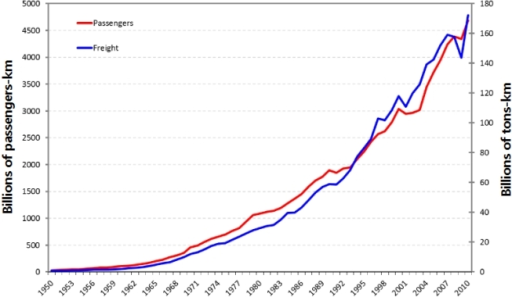According to the National Pipeline Mapping System,
at least 13 transmission pipelines from nine companies are under the St. Clair
River.
Officials worry about pipelines and the St.
Clair River
More than four years have passed since a ruptured pipeline spilled
an estimated 20,000 barrels of crude oil near Marshall.
The spill from Enbridge Energy's Line 6B spread for miles down
Talmadge Creek and the Kalamazoo River and launched a four-year cleanup effort.
While state and federal officials say they have
systems in place to respond to a similar spill on the St. Clair River, the
people on the ground here in St. Clair County aren't as confident.
"I hope it never
happens," said Jeff Friedland, director for St. Clair County Emergency
Management/Homeland Security. "But I do have concerns about the St. Clair
River and pipelines."
With an 830-mile interstate
natural gas pipeline [Rover is roughly 830 miles long] threatening to further
snarl the maze of natural gas and hazardous liquid pipelines beneath the
county, pipeline safety and planning for a spill are responsibilities shared by
private companies and public entities at the local, state and federal levels.
"We've had some real-world experience with the Kalamazoo
River, and there were some really good lessons learned from that," said
Brad Wurfel, a spokesman for the Michigan Department of Environmental Quality.
"You can't expect companies or industrial processes to run
perfectly. You can expect that you're prepared when they don't."
Pipeline tally
Marysville Department of
Public Safety Chief Tom Konik estimated about 24 transmission pipelines are
beneath Marysville.
Those pipelines carry natural gas, propane and chemicals for
industrial use.
He said the city has become a bottleneck for pipelines, likely
because of its location.
"It's probably because of our proximity to Chemical Valley
(in Ontario), where a lot of the products are coming into and out of,"
Konik said.
"The river is at one of its narrowest points here. When you
have to do a drilling operation to put pipeline under the river, it seems like
the most ideal spot."
Judy Palnau, spokeswoman
for the Michigan Public Service Commission, said currently there are 14
companies operating pipelines in St. Clair County. Eight of the companies are
natural gas transmission pipeline operators, and six are hazardous liquid
pipeline operators.
She said each of those companies has varying numbers of pipelines
through the county.
According to the National
Pipeline Mapping System, at least 13 transmission pipelines from nine companies
are under the St. Clair River.
Enbridge Energy has three
pipelines -- one of which is deactivated -- that run under the St. Clair River.
Semco Energy Gas Company has seven transmission lines in St. Clair County, none
of which cross the St. Clair River. TransCanada has four pipelines, all of
which tunnel under the river. Buckeye Development and Logistics LLC, has two
pipelines that travel under the St. Clair River — one is idle, while the other
carries propane.
Another pipeline project — the Rover pipeline — also would tunnel
under the river. The proposed pipeline has not yet submitted its application to
the Federal Energy Regulatory Commission.
Vector Pipeline also is planning an expansion, but has not
submitted applications to FERC yet.
General maps of where the existing pipelines are located are
available to the public, but more precise information is off limits, according
to Damon Hill, spokesman for the federal Pipeline and Hazardous Materials
Safety Administration.
"After 9/11 we worked
with the Department of Homeland Security where we were required to restrict the
level of detail on our maps," Hill said. "The only way to get more
detail is if you're government personnel or a pipeline operator."
St. Clair County is pipeline country
The promise of at least two new pipeline projects on the heels of
a large Enbridge Energy pipeline replacement marks an increase noted throughout
the country.
"There has been an increase in pipeline projects in certain
parts of the country with the increase in energy resources being found, like
shale gas," Hill said.
"There are new pipelines coming into existence to bring that
product throughout the country."
Jennifer Smith, a spokeswoman for Enbridge Energy, said the
company embarked on its replacement of its more than 50-year-old Line 6B after
the spill into the Kalamazoo River called into question the reliability of the
pipeline.
She said the company expanded the scope of the project to include
counties farther east because of requests from clients for increased capacity.
"Our customers came to us and they said they needed us to be
able to carry more crude oil," Smith said.
She said the pipeline runs through St. Clair County because of
demand for oil in the area.
"Where your pipeline is is going to be determined by where
the demand is," Smith said.
"Back in the day when these pipelines were built, the need
was to bring oil further east. You're going to see crude oil pipelines where
you have big refineries or chemical hubs."
DTE Energy is a partner in a planned 47-mile
Vector Pipeline expansion project and a planned 250-mile NEXUS pipeline
project. Both projects are natural gas lines.





.jpg)
.jpg)
.jpg)
.jpg)
.jpg)
